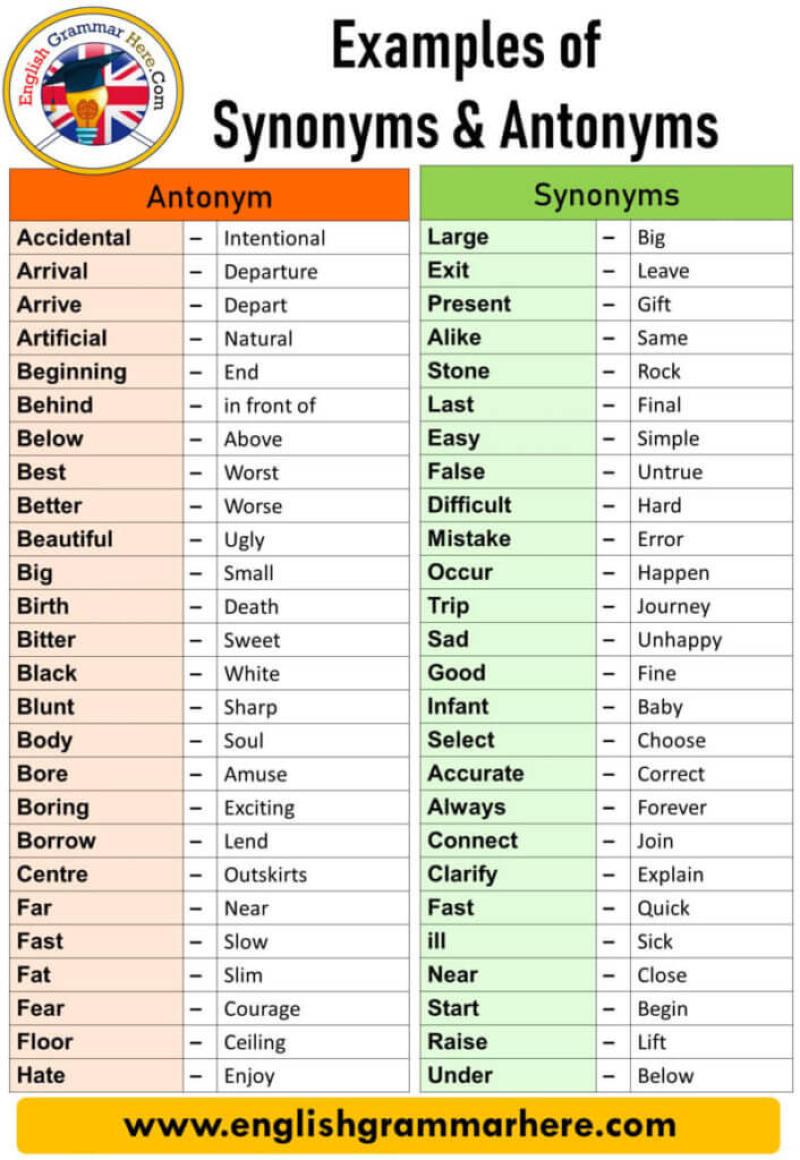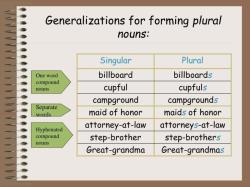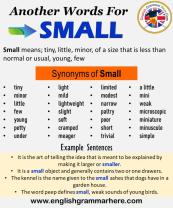What does the word "antonyms" mean?
"Antonyms" are words that have opposite meanings. They are pairs of words that express contradictory concepts or ideas. For instance, "hot" and "cold," "big" and "small," "happy" and "sad" are all examples of antonyms. Understanding antonyms helps in language comprehension, communication, and expression. They provide contrast and nuance to our language, allowing for more precise and vivid communication. They're crucial in various contexts, such as education, literature, and daily conversations, aiding in describing situations, emotions, and relationships between concepts.
Defining the term "antonyms" in language and linguistics
In the realm of language and linguistics, antonyms are words that possess meanings contrasting or opposite to another word. They act as linguistic foils, emphasizing the spectrum of possible meanings within a specific concept.
Here's a breakdown of the term:
- Etymologically: "Antonym" comes from the Greek words "anti" (meaning "against" or "opposite") and "onoma" (meaning "name"). This aptly reflects the core concept of opposing meanings.
- Definition: At its simplest, an antonym is a word whose meaning stands in opposition to another word. Common examples include hot/cold, happy/sad, big/small, light/dark, etc.
- Relationship: The connection between antonyms is known as antonymy. This relationship can vary in its degree of opposition, ranging from complete opposites (e.g., alive/dead) to near opposites (e.g., warm/cool) to words conveying opposing tendencies on a spectrum (e.g., quick/slow).
Types of antonyms:
Linguists further categorize antonyms based on the nature of their opposition:
- Gradational antonyms: These express contrasting degrees of the same quality, like small/medium/large.
- Complementary antonyms: These represent two mutually exclusive possibilities, like alive/dead, on/off.
- Relational antonyms: Their opposing meanings depend on their relationship to something else, like buy/sell, teach/learn.
Significance of antonyms:
Antonyms play a crucial role in enriching our language and enhancing communication:
- Clarity and emphasis: They provide precise contrast, highlighting nuances and emphasizing differences.
- Figurative language: They fuel rhetorical devices like oxymorons and paradox, adding depth and intrigue to expression.
- Cognitive development: Recognizing and understanding antonyms aids in vocabulary growth and conceptual development.
I hope this comprehensive explanation has clarified the term "antonyms" in the context of language and linguistics. Feel free to ask if you have further questions!













